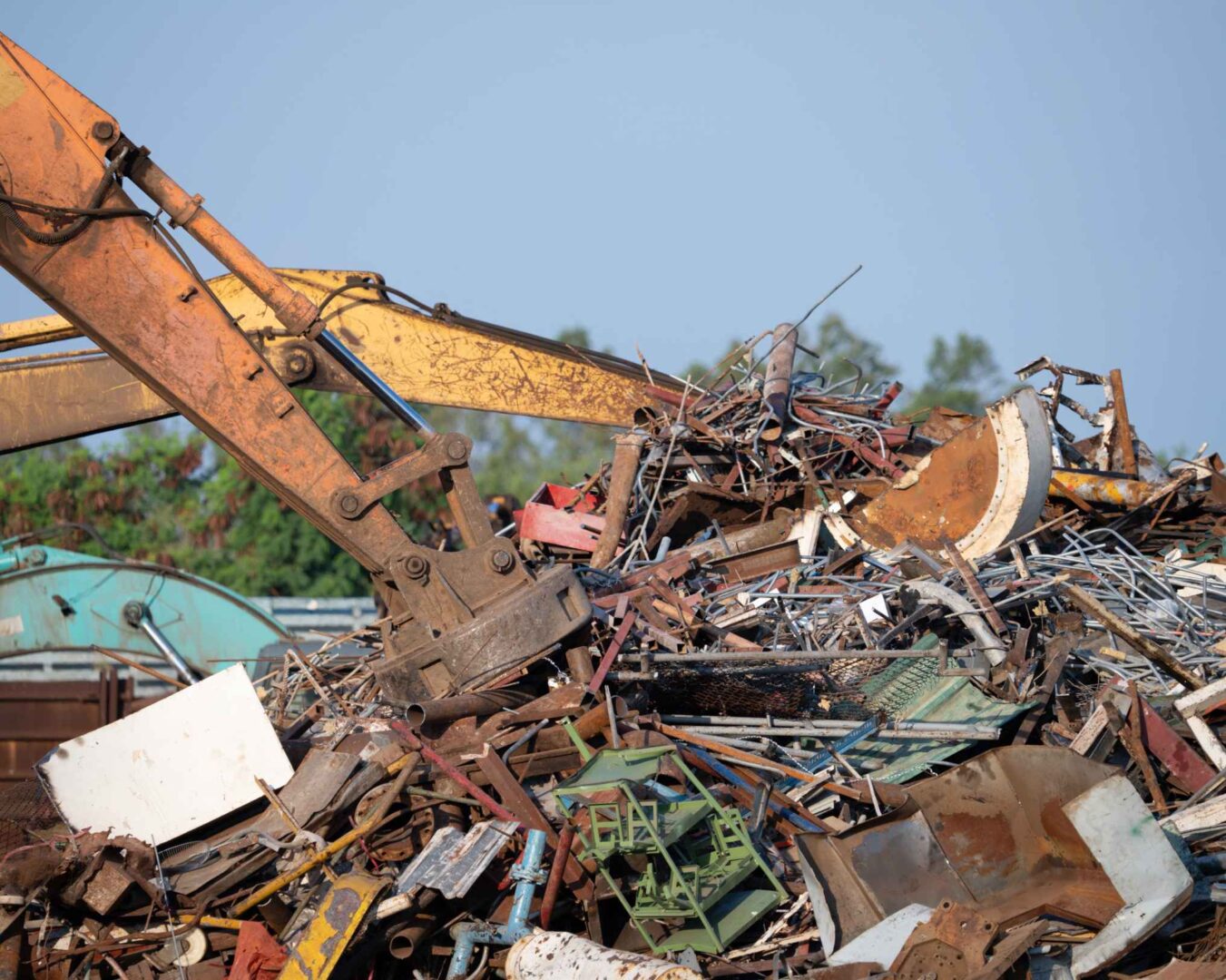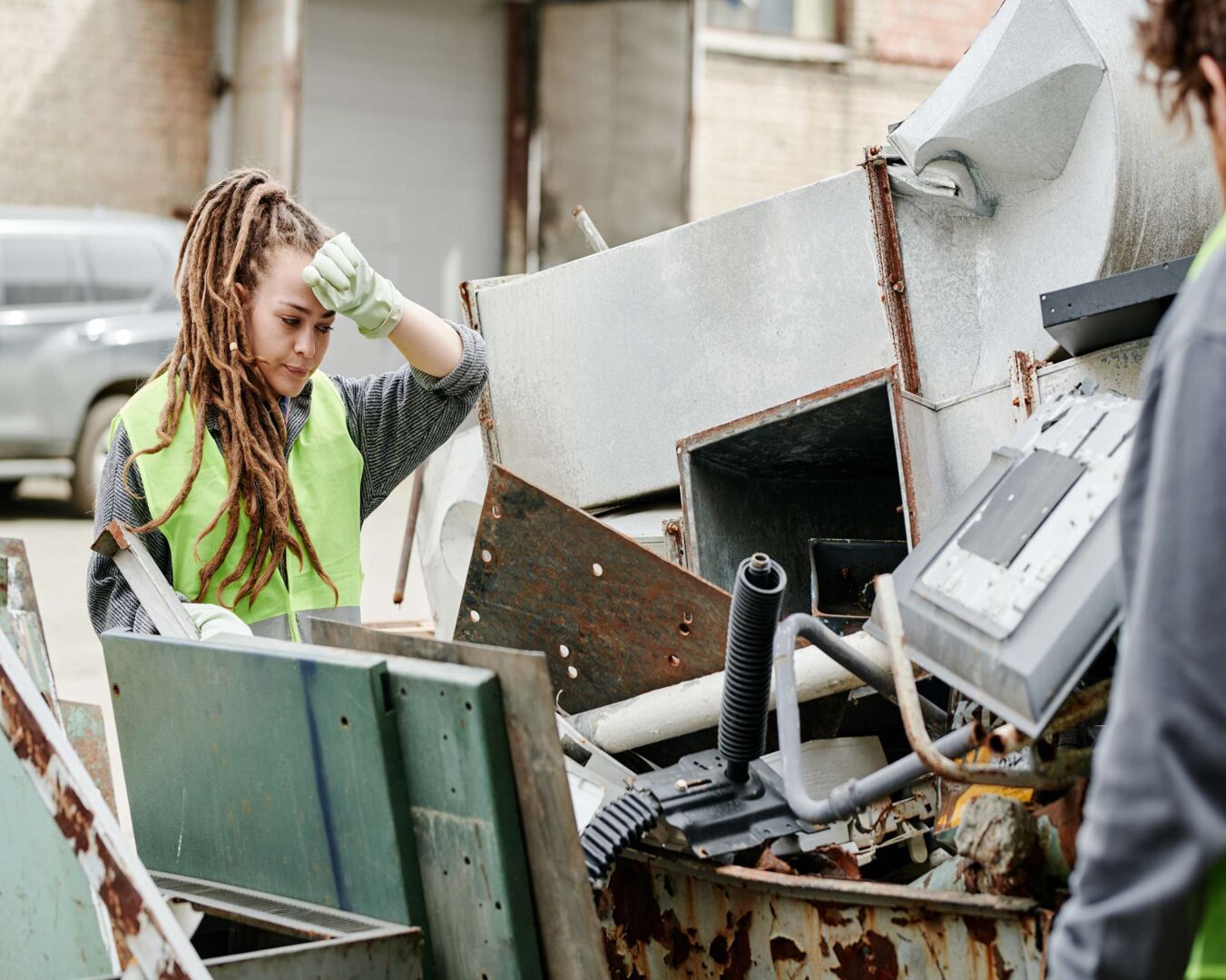Table of Contents
How Does Beneficial Reuse Help The Environment?
Contemporary environmental issues pose a significant challenge that mandates an immediate response. Among the primary culprits is the inefficient management of waste, which contributes significantly to these challenges. A potential solution to this problem is beneficial reuse, a concept that aims to help the environment and society.
The Environmental Crisis: An Overview
The environment faces a dire predicament due to unchecked waste disposal, leading to resource depletion and pollution. Our relentless production of waste helps innovative approaches to reduce, recycle, and reuse materials, thereby easing the strain on the environment.
It not only helps reduce waste, but also offers many other benefits. From reducing the need for energy to conserving resources, beneficial reuse helps to address our pressing concerns.
Exploring the Concept of Beneficial Reuse
Beneficial reuse is the concept of giving a second life to items that would otherwise be considered waste. This practice is increasingly recognized for the considerable benefits it offers, such as:
- Reducing the need for new materials, which saves resources and energy.
- Preserving landfill space, thus reducing pollution.
- Offering a more cost-effective solution than most waste management methods.
One aspect of reuse is transforming waste into energy. This involves the conversion of waste materials, even hard-to-recycle items, into biofuel, thereby helping reduce the amount of waste going to the landfill.
Another facet is the practice of liquidation, which means selling off inventory instead of letting it gather dust in storage. This process helps save storage space, and it also offers the opportunity to profit from items that would otherwise be discarded.
Materials and their Potential for Reuse
From clothing, household items, office supplies, electronics, and more, numerous things can be given a second life instead of being discarded. Here are just a few examples:
- Clothing: Old garments can be transformed into rags or patchwork quilts.
- Electronics: Parts can be salvaged for reuse in other devices.
- Household Items: Furniture, dishes, and utensils can find new homes instead of ending up in landfills.
The benefits of beneficial reuse are extensive, and the potential to help mitigate the environmental crisis is immense. By giving items a second life and reducing our consumption of new materials, we can work to combat the crisis.
Beneficial Reuse: The Environmental Impact
Implementing beneficial reuse strategies can have profound effects on the environment. When we reuse items, we reduce the need for new products, thus lessening the demand for raw materials and the energy used in manufacturing processes. This practice significantly helps in mitigating damage.
Moreover, when we reuse products, we also decrease the volume of waste that ends up in landfills. This reduction helps to decrease greenhouse gas emissions, further aiding the environment.
The Economic Potential of Beneficial Reuse
Beyond the environmental benefits, beneficial reuse also offers significant economic advantages. For businesses, it means freeing up valuable storage space that might have been tied up with unused inventory. By converting these products into sellable assets, or even feedstock for energy production, we create a new stream of revenue that helps offset costs and improve overall profitability.
This extends to potential tax deductions as well, allowing businesses to capitalize on their waste reduction efforts. As such, it is more than an environmentally conscious practice—it is also a financially sound business strategy that help businesses improve their bottom line.
Creating a Socially Responsible Community
Embracing beneficial reuse does more than just help the environment and improve the bottom line. It also nurtures a sense of social responsibility within the community. By being transparent about our reuse efforts, we inspire others to follow suit, whether that means donating unwanted items or choosing to purchase products made from reclaimed materials.
By promoting reuse, we build a stronger connection with our community, fostering a collective spirit of environmental stewardship that help us all become better global citizens.
Overcoming Challenges in Beneficial Reuse
Implementing a beneficial reuse program is not without its hurdles. It requires a significant shift in mindset, seeing waste not as a problem to be disposed of, but as a resource to be harnessed. The path to reuse is not a one-size-fits-all journey. Each material has its unique considerations, whether it’s determining the most effective way to recycle electronics or finding a safe method for repurposing items like paint or batteries.
Overcoming these challenges requires innovation, patience, and a firm commitment to sustainability. It is only through embracing this mindset and staying the course that we can make a lasting impact that will help protect our planet
Our Company’s Commitment to Beneficial Reuse
Our commitment to beneficial reuse runs deep. We see opportunities where others see waste. From everyday household items to office supplies and electronics, Happen Ventures takes a wide array of products and materials that would typically end up in landfills.
We accept various things, from clothing to kitchen utensils, furniture to tools, food to batteries, and much more. Each of these items has potential. We seek to tap into this potential and help make a difference in our environment by extending the lifespan of these products.
The Value of Every Item
To us, every item has a story and a value beyond its initial use. Consider an old piece of furniture. To some, it might appear worn and out of style. But to us, it’s a treasure trove of materials waiting for a second chance. With a little creativity and effort, we can transform that furniture into something new and useful.
For instance, the wood from an old table could become a beautiful bookshelf, while the fabric from an outdated sofa could be used to create stylish throw pillows. By applying the principles of reuse, we help preserve valuable resources and promote a more sustainable future.
Recycle, Reduce, and Reuse: The Three Pillars of Our Philosophy
Our philosophy rests on three core principles: recycle, reduce, and reuse. These pillars guide our every decision, helping us remain committed to our mission of sustainability. They remind us that each step we take towards reuse brings us closer to a world where waste is a concept of the past.
Our aim is to help make reuse the norm. We are determined to lead by example, inspiring others to look for ways to bring new life into old things. Together, we can help build a more sustainable and responsible world. This is the kind of future we want to see.
The Impact of Beneficial Reuse on Communities
The benefits of reuse aren’t limited to the environment alone. Our actions also foster social responsibility, promoting a culture of conservation and sustainability. Reusing items not only reduces the demand for new goods but also decreases the energy and resources needed for production and transportation. This, in turn, leads to a decrease in pollution and greenhouse gas emissions, all of which can significantly help improve the quality of life in our communities.
Towards a Sustainable Future: Our Vision
Our vision is to create a future where every item is used to its maximum potential and nothing is wasted. We believe that, by encouraging individuals and businesses to recycle and reuse, we can significantly decrease the amount of waste that ends up in our landfills. Our vision is a world where reuse is not just an option but a norm.
Our work is rooted in the understanding that our actions today will determine the health of our planet tomorrow. We strive to provide solutions that not only benefit the current generation but also ensure a sustainable future for the generations to come.
The Economic Benefits of Beneficial Reuse
There are significant economic advantages as well. Reusing materials can offset costs significantly and be more cost-effective than other methods. By repurposing items, businesses save on production and disposal costs and can even avail of tax deductions in some cases.
For instance, recycling used office supplies or electronics can significantly reduce the expenses related to purchasing new equipment. In turn, businesses can invest these savings into other critical areas, leading to overall growth and profitability.
Conclusion: The Future of Beneficial Reuse
In the face of growing environmental challenges, the future of waste management lies in innovative solutions such as reuse. By repurposing materials that would otherwise end up in landfills, we can lessen our environmental impact, create new economic opportunities, and foster a sense of social responsibility in our communities. The benefits are many, and it is up to us to embrace this concept and work towards a more sustainable future.





